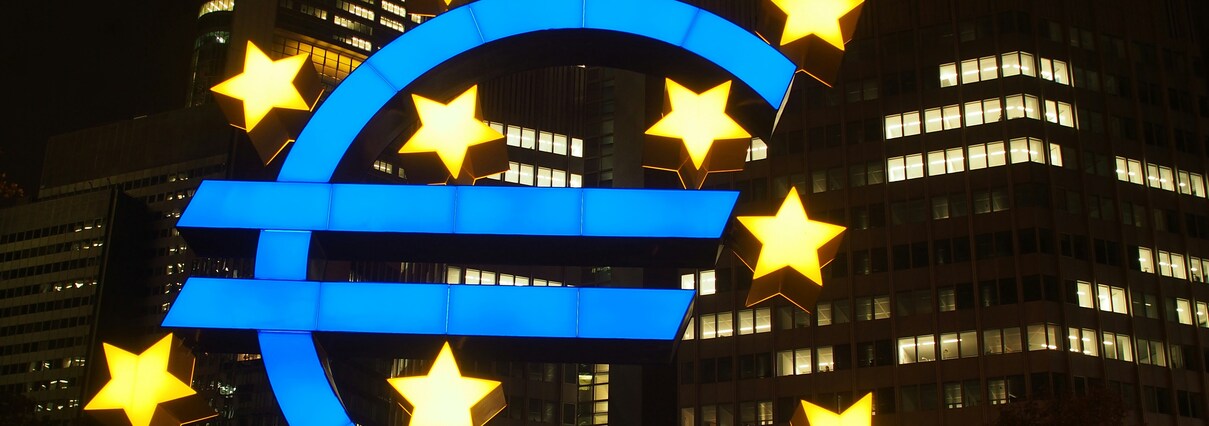Protests against perceived failed government economic policies, ongoing dollar shortages, new taxes, corruption and poor services that began in moderate numbers at the end of September have intensified into large-scale, partly violent, nationwide rallies (in a country where political movements are normally divided on sectarian lines and struggle to draw widespread appeal) by mid-October. This week, the government responded with an emergency reform package, including the halving of the salaries of ministers and lawmakers, the banking sector contributing USD3.4bn to deficit reduction, abolishing or merging some public institutions. The long-delayed reform of the state-run, loss-making power sector shall also be accelerated. But this will not be enough and protestors are likely to stay in the streets. On the economic front, recurrent dollar shortages are likely, raising the risks of devaluation of the LBP, bank runs, currency and capital controls, shortages of basic goods, and non-payment risks for imports. Finan¬cial help from the GCC and Europe could help, but potential donors will also request for more substantial reforms.















